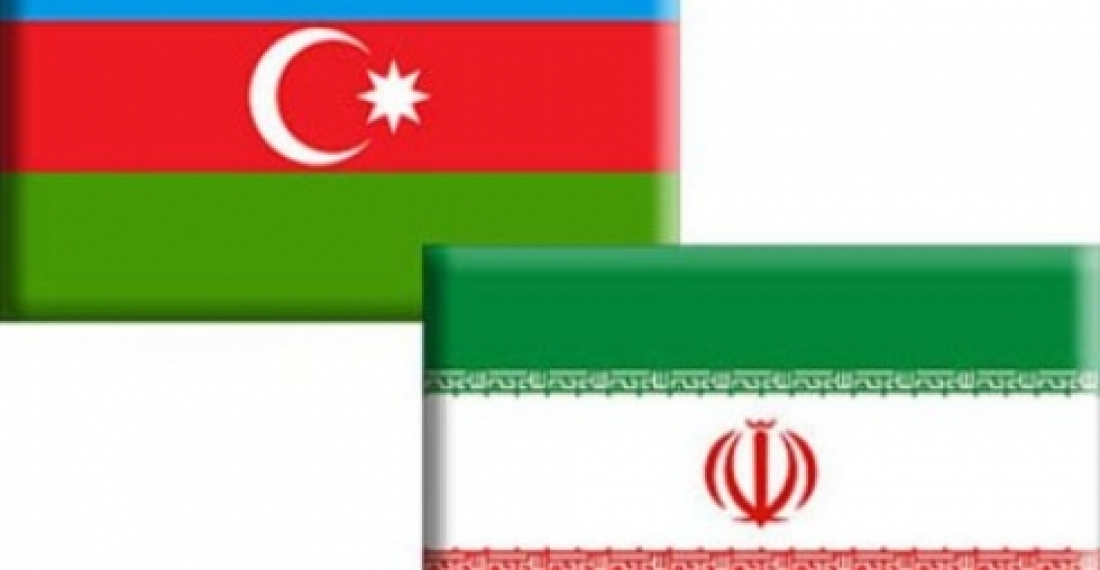A British Prime Minister once famously said that a week is a long time in politics. In relations between Iran and Azerbaijan however a week seems like eternity. The difficult and complex relationship between the two countries continues to swing from good to bad to good again... and back.
A few days ago the Foreign Ministers of Iran, Azerbaijan and Turkey met in the Azerbaijani exclave of Nakhchivan and issued a declaration where they promised friendship to each other. The Iranian Foreign Minister on that occasion described the three countries as "three bodies in one spirit". Then one week ago the Defence Minister of Azerbaijan, Colonel General Safar Abiyev visited Tehran for meetings with President Ahmedinajad and other officials. Both sides promised not to let their territories to be used against each other, and again promised eternal friendship. The Defence Minister had hardly arrived back from Tehran however before an announcement from Baku stated that 22 people had been arrested for working for Iran's Revolutionary Guards, and for planning acts of sabotage in Azerbaijan. The Azerbaijani Ministry of State Security issued a detailed list of accusations showing collusion between Iran and anti state forces in Azerbaijani over a period of many years.
Now the Iranian Foreign Ministry has summoned the Azerbaijani Ambassador to Tehran to receive a protest against the accusations which Tehran attributes to foreign powers. The Azerbaijani news agency APA stated that the Azerbaijani Ambassador "declared Azerbaijan's intention to expand ties with Iran" and promised to convey the message to his government.
Commonspace.eu political editor said in a comment that "Azerbaijan finds itself in a very delicate position as it tries to manage its relationship with a difficult but important neighbour. Neither side wants an outright breakdown in relations but both sides are pushing their own agendas. The wider international context makes this situation dangerous. There are elements within the Iranian state that do not operate within the broader chain of command, and amongst these is the Revolutionary Guards Movement, which is a kind of parallel state with huge resources at its disposal, and military forces that are stronger than those of the regular armed forces. These elements have been most active in trying to export revolutionary zeal beyond Iran's borders and Azerbaijan has been an obvious target because of its proximity and Shia traditions."
So this week starts with Azerbaijani-Iranian relations being very bad, but one does not know how the week will end.
source: commonspace.eu with APA







